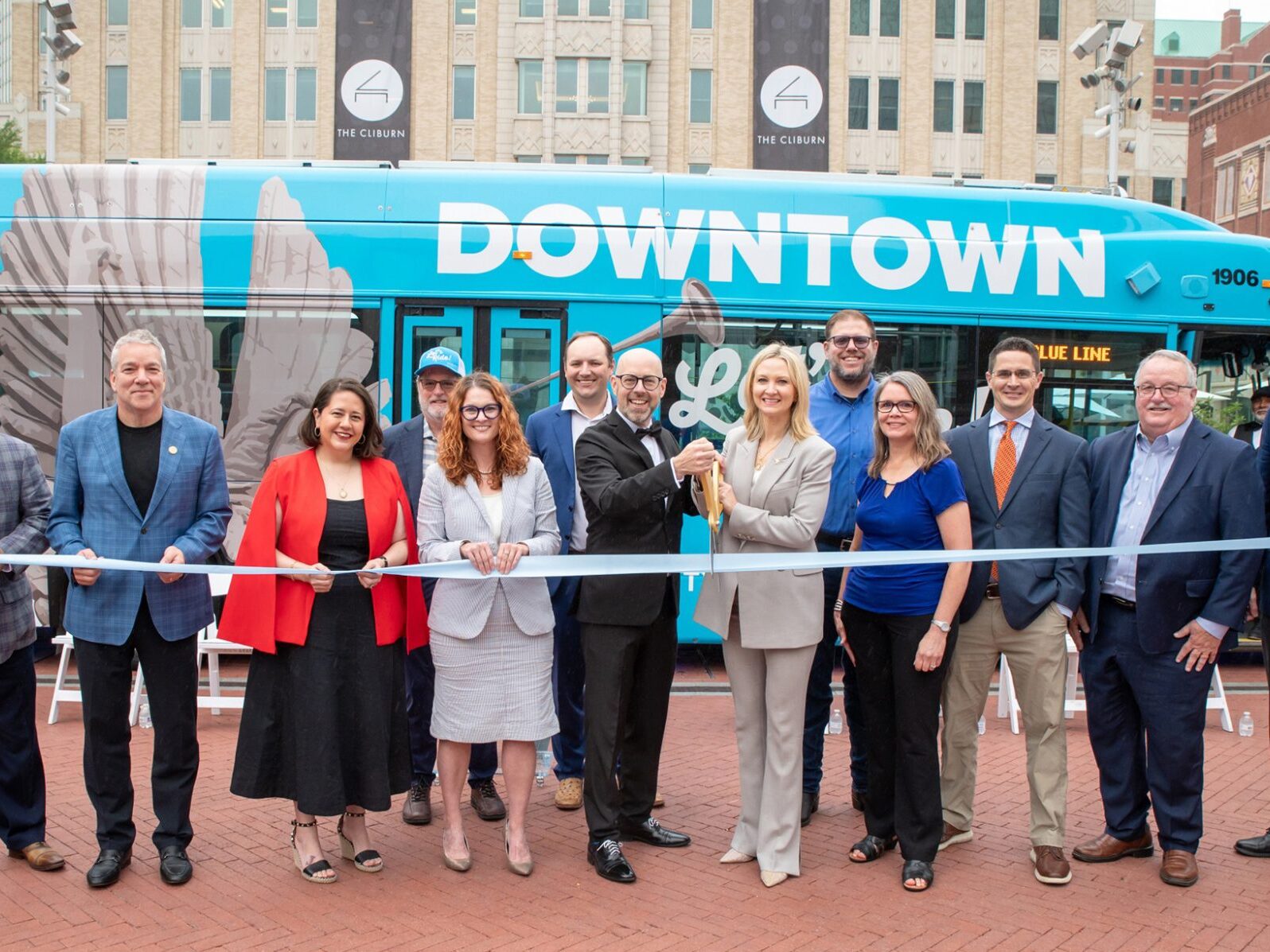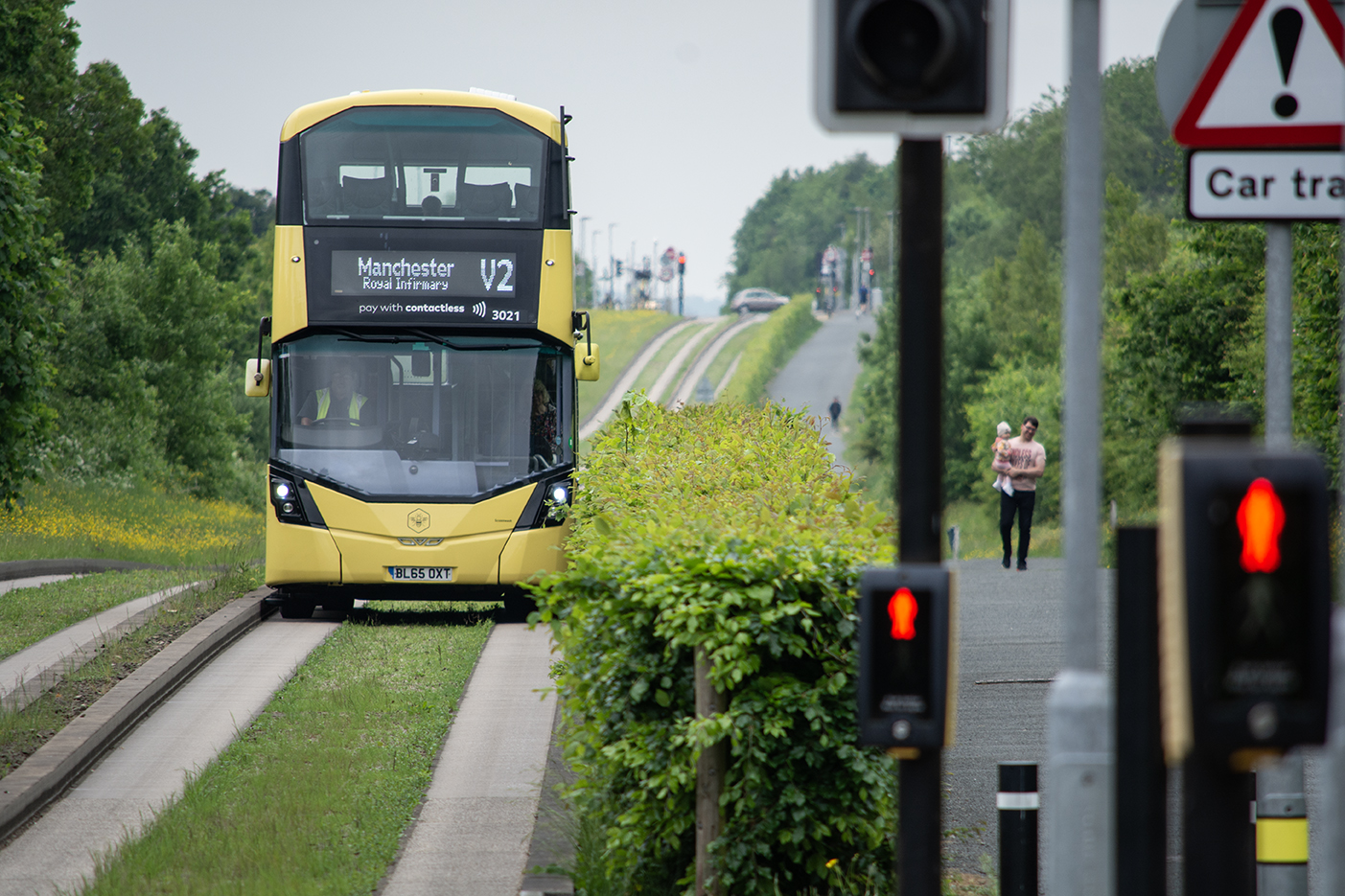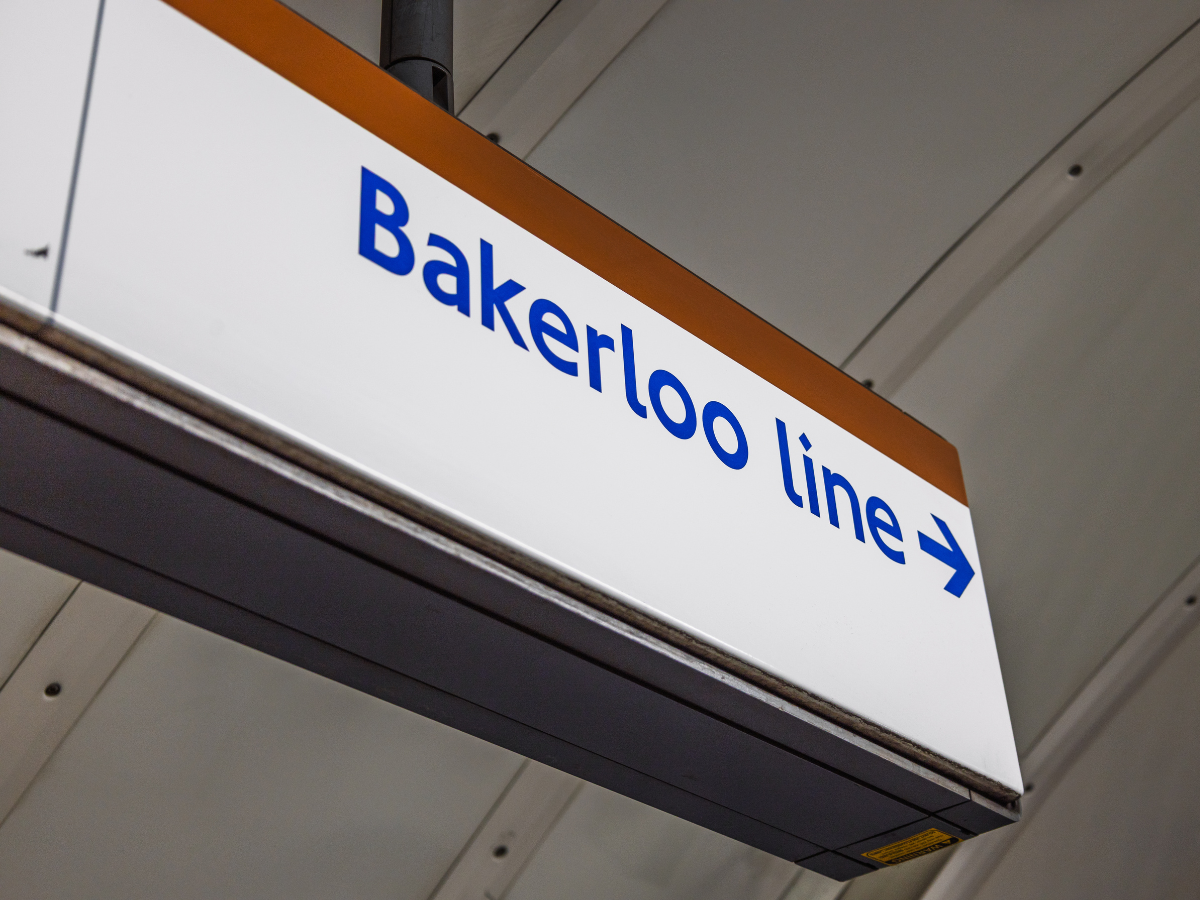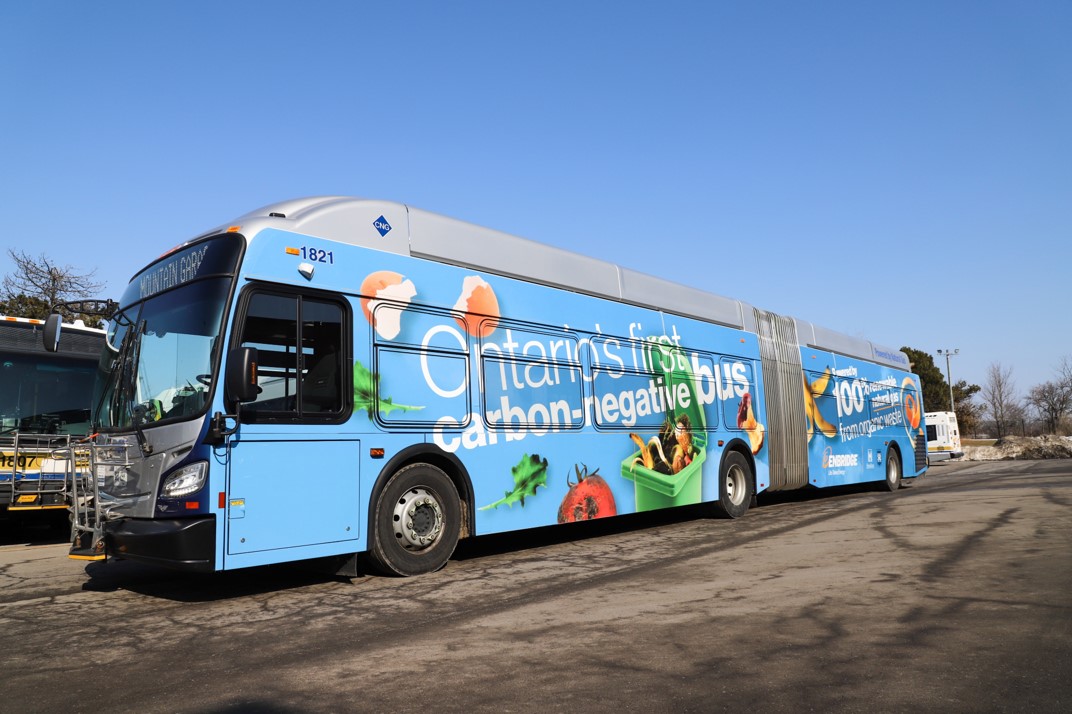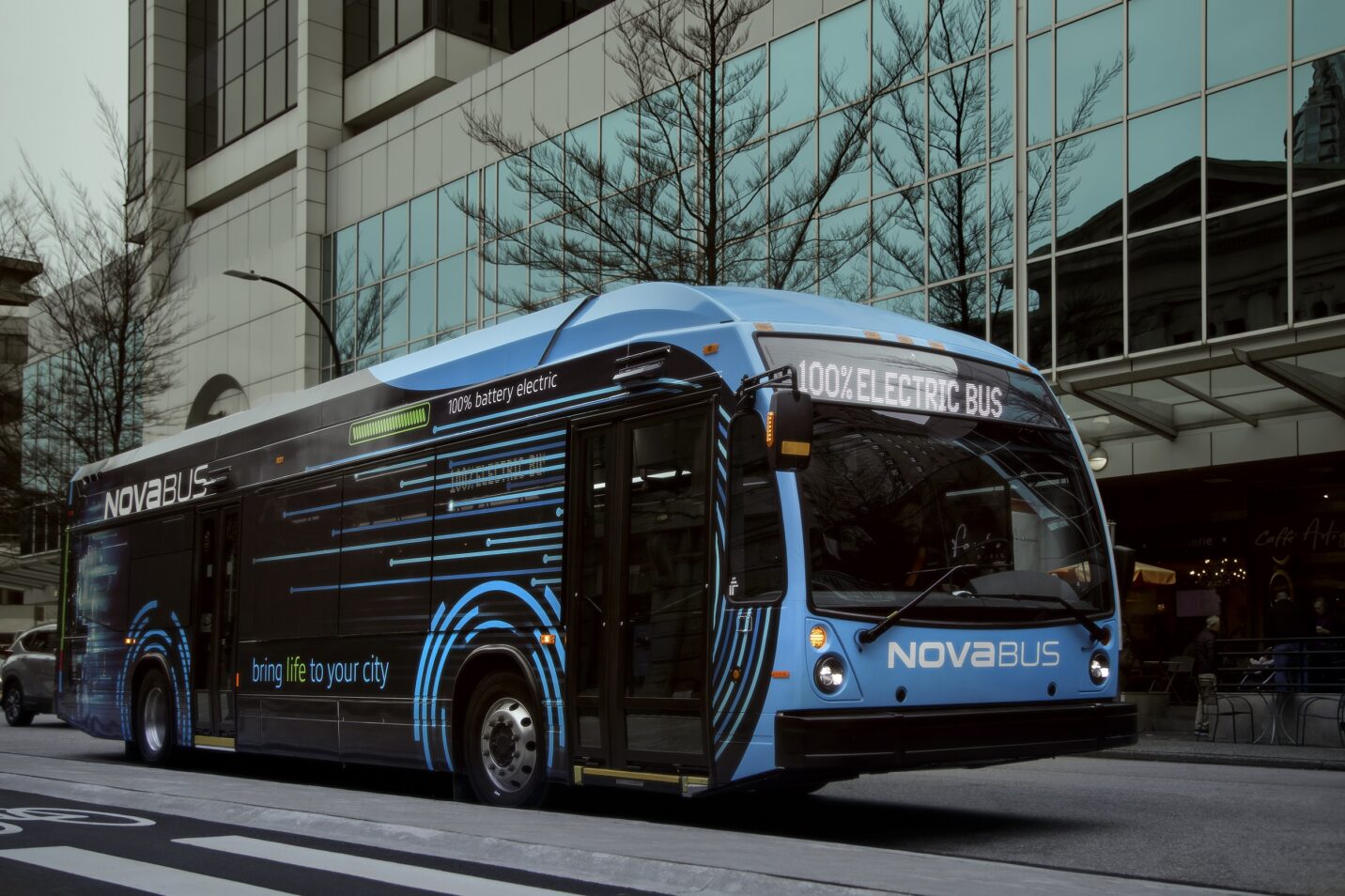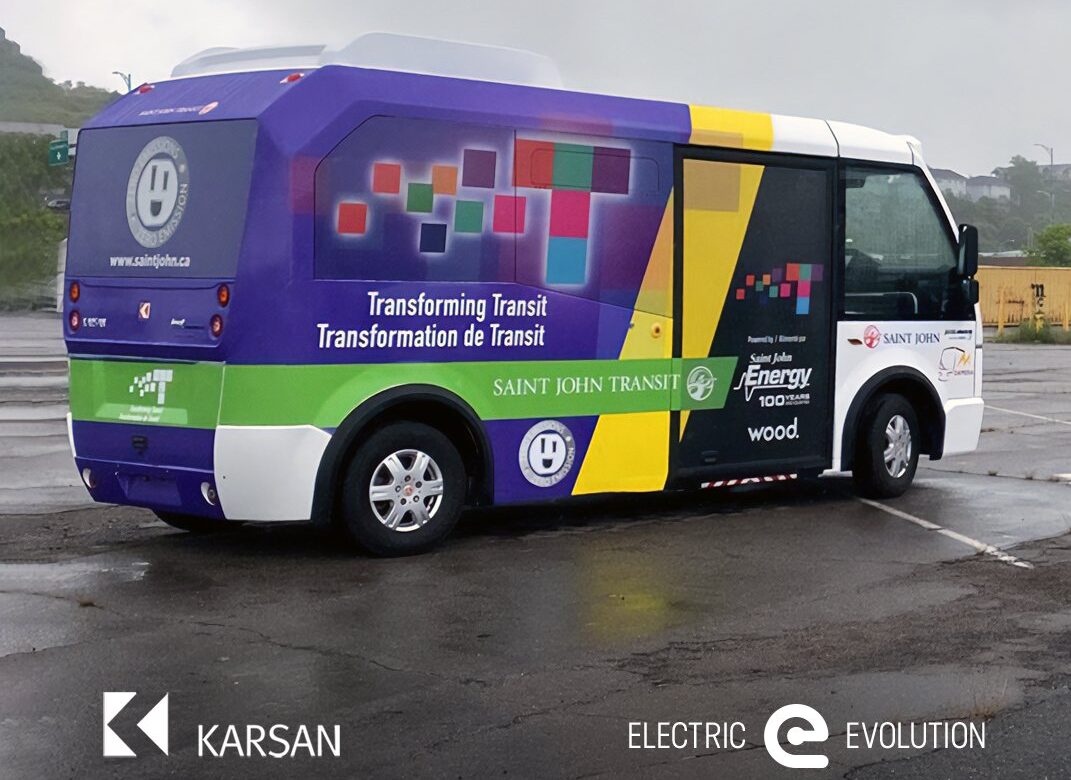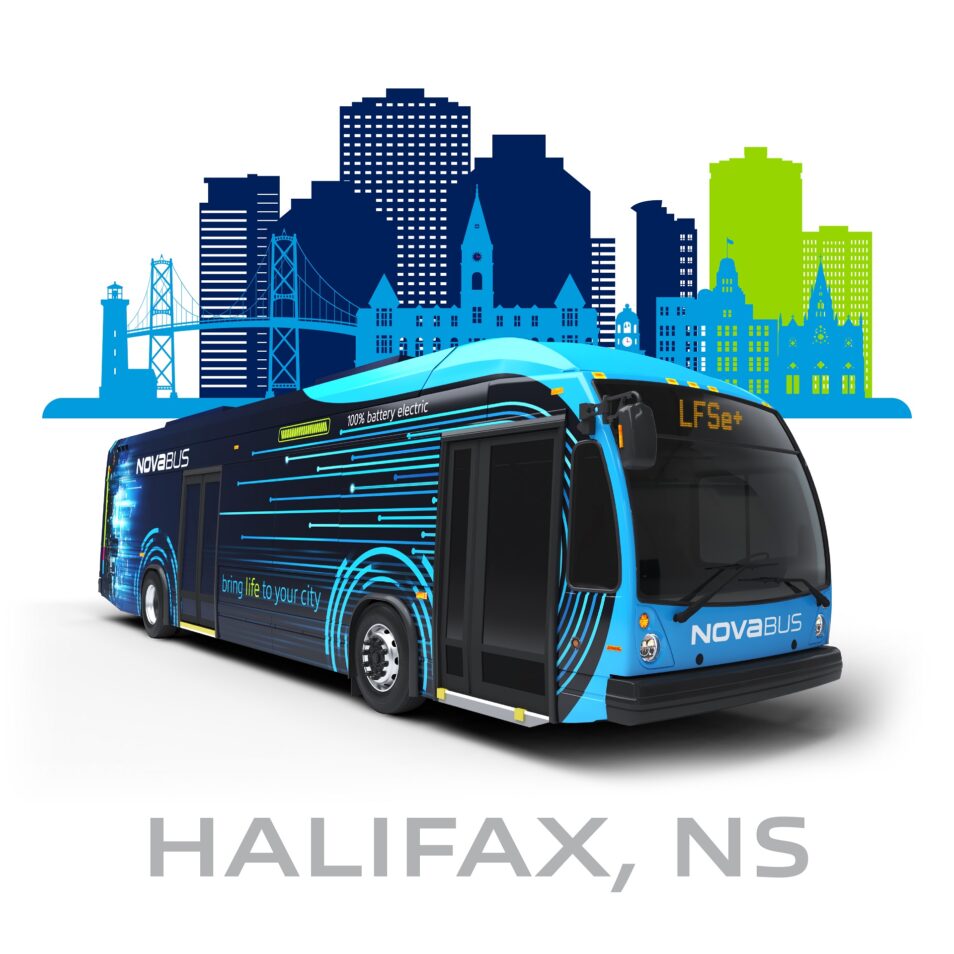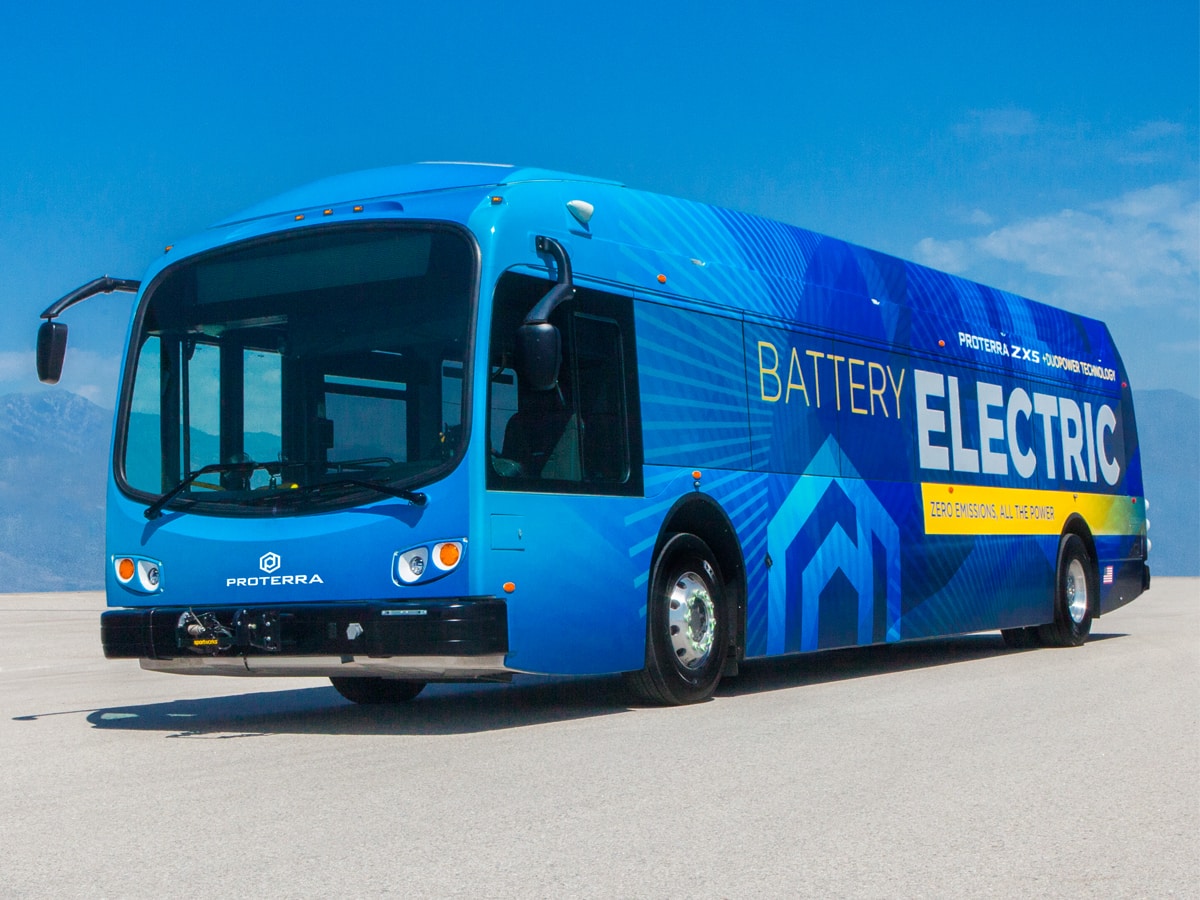Translink’s Board of Directors and the Mayors’ Council have approved Translink’s 10-Year Priorities to increase local bus services and introduce Bus Rapid Transit (BRT) technologies in Vancouver, Canada.
These priorities were originally outlined in the Transport 2050 plan, which aims to significantly improve transportation in Metro Vancouver.
The plan prioritises increasing local bus service and continuing the expansion of the SkyTrain network, while also introducing BRT lines using specialised zero-emission buses.
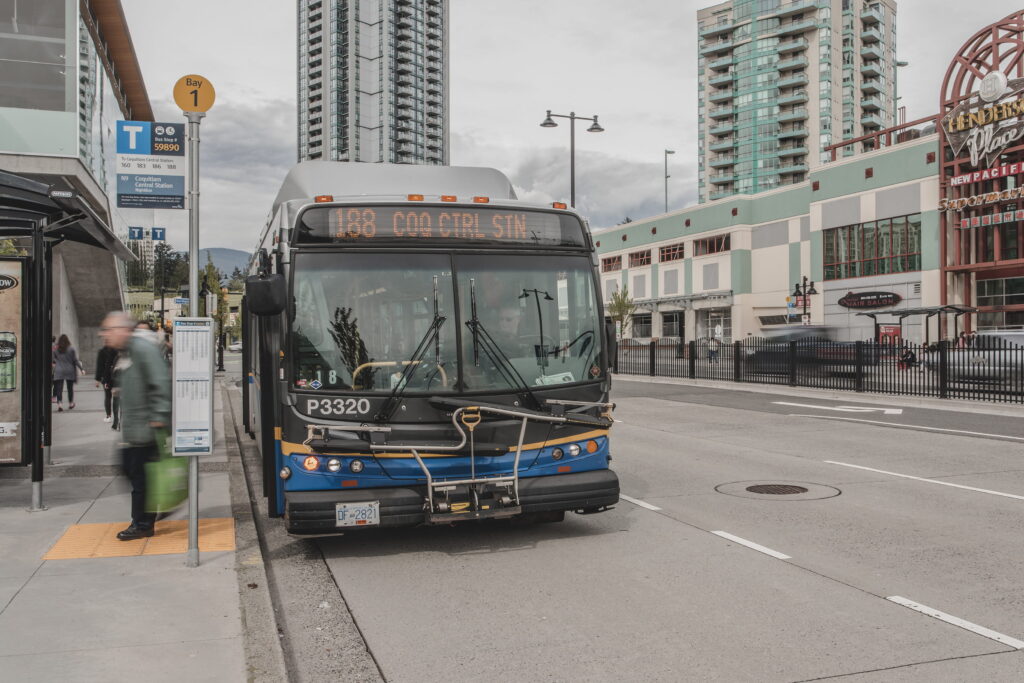
George Heyman, Minister of Environment and Climate Change Strategy said:By significantly expanding and improving public transit and active transportation, TransLink’s Transport 2050: 10-Year Priorities will help people in Metro Vancouver get to where they need to go conveniently and affordably while protecting the environment and improving communities. Transitioning away from fossil fuels and getting cars off the road will benefit all of us and help us achieve our climate action goals through CleanBC.
Throughout the next 10 years, Translink aims to introduce up to nine BRT lines to offer an efficient traffic-separated service with transit signal priority at busy intersections. Translink will also construct dedicated BRT stations to enable fast and convenient boarding.
Bus Rapid Transit is significantly cheaper to implement per kilometre than Vancouver’s SkyTrain service, and once work begins, each line can be operational in under five years.
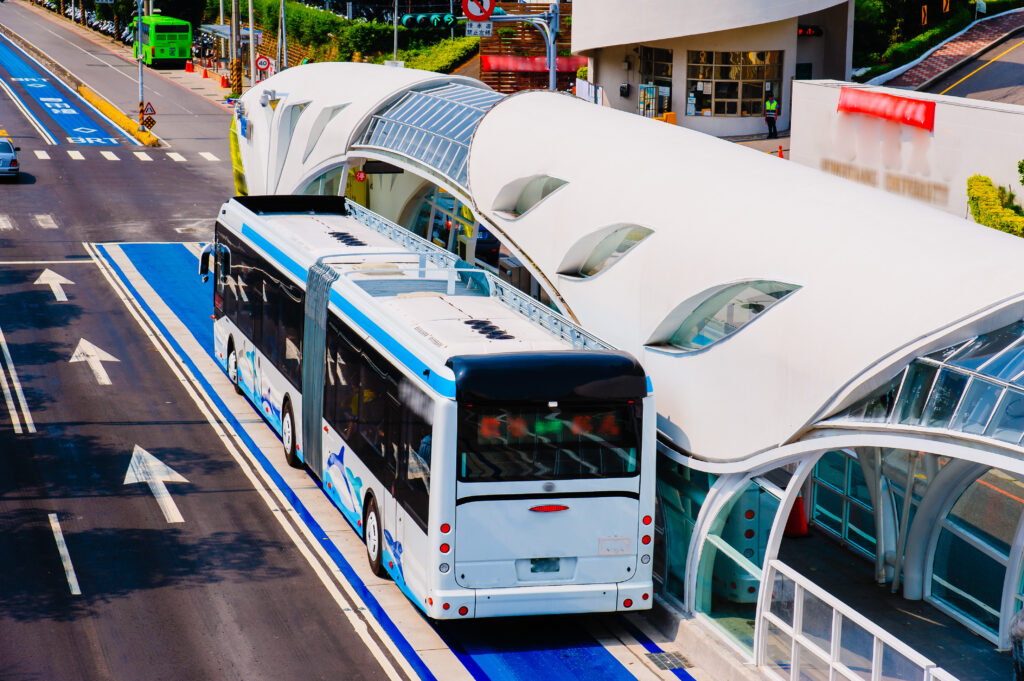
The corridors planned to receive BRT include Hastings St, King George Blvd, Langley, Lougheed Hwy, Lynn Valley, Marine Dr Station, Metrotown, Richmond Centre and Scott Road.
Translink reports that these plans received overwhelming public support in April 2022. The agency will now develop a detailed municipal partnership framework to further engage local communities on BRT planning decisions.
Kevin Quinn, CEO, TransLink said:We are at a critical time to invest in our future. We have heard through the most robust community engagement in TransLink’s history that we need to act with both ambition and urgency. Transport 2050: 10-Year Priorities will bring historic actions to combat climate change, reduce congestion, and improve livability in this region.
Translink’s 10-Year Priorities also include doubling the current bus services, building the Burnaby Mountain Gondola to Simon Fraser University and extending the SkyTrain Millennium Line from Arbutus to the University of British Columbia.
In addition, Translink will build 450 kilometres of new traffic-separated cycling paths and will introduce 200 new bike lockers and six new bike parkades.
The Transport 2050: 10-Year Priorities are estimated to cost 21 billion CAD over ten years.









